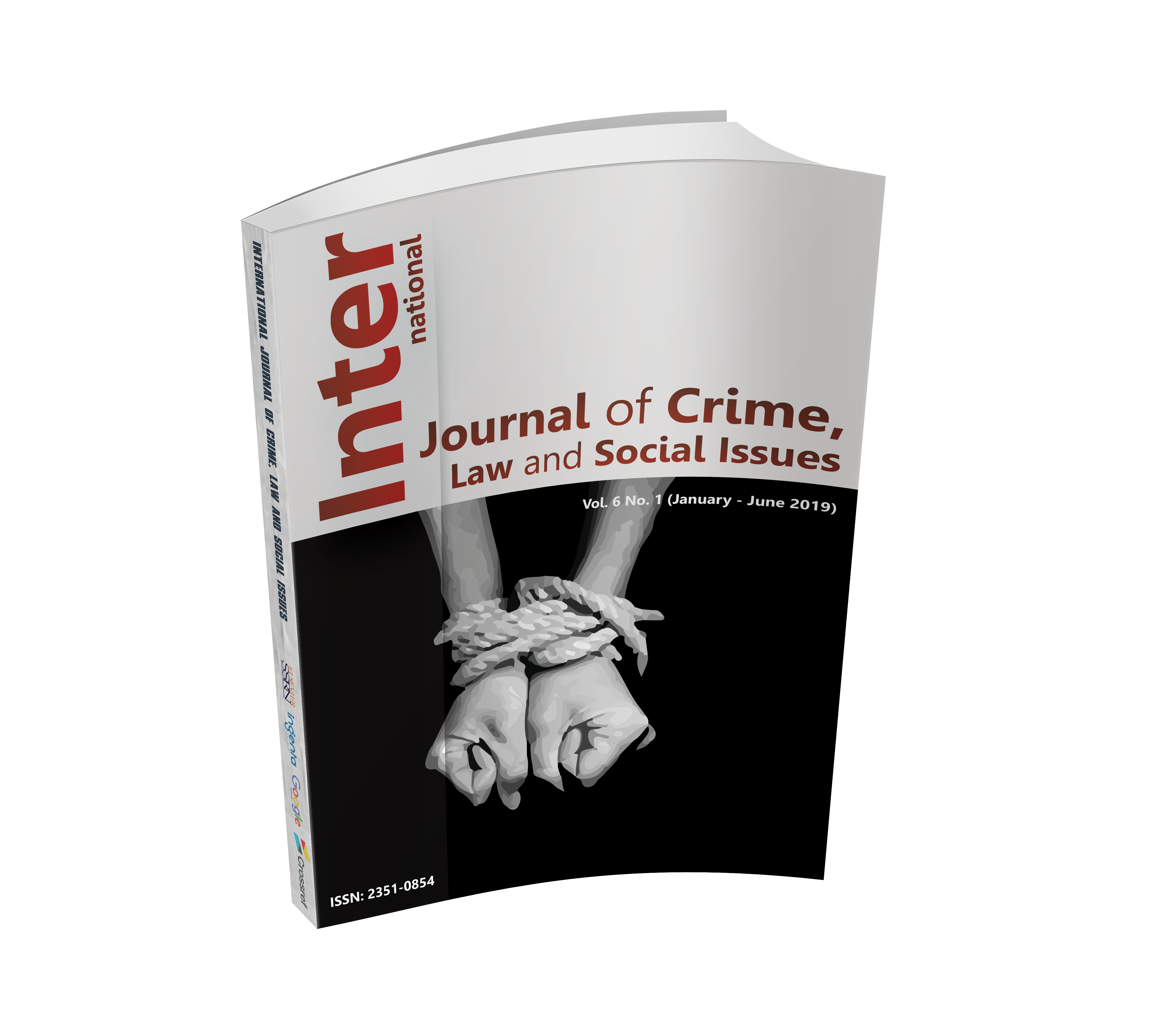Thai Community Justice: From Ideas to Actions
Keywords:
Procedure, Conflicts, Justice, Community JusticeAbstract
This qualitative research emphasized an investigation of (1) the procedure for the prevention and resolution of conflicts, crime, and cases based on the application of the community justice procedure (communities, temples, schools, and families) and (2) sustainable resolution approaches in collaboration with the public sector. Carried out based on case studies in which community justice procedure were applied to conflicts, the research investigated the conflicts occurred in Krathum Baen District, Samut Sakon Province; Ban Siew District, Khon Kaen Province; and Trang Province. The data were collected through in-depth interviews with informants who were in the cycle of justice procedure and community leaders - judges, politicians, and monks - together with literature review and content analysis. The results showed that: 1) In collaboration with the private sector, the application of community justice procedures to the resolution of conflicts occurred in a community could promote justice, save time and budgets, and lessen the court’s burden. That both parties could return to life as usual could lead to benefits for the society. 2) For sustainable resolution approaches, collaboration among all sectors including communities, temples, schools, and families is a necessity. Community justice procedure could not substitute the central justice procedures due to the existence of complexity in some conflicts requiring deeper investigation as well as the community’s incapability. The combination of the central justice and community justice procedures is recommended.
Downloads











.png)


